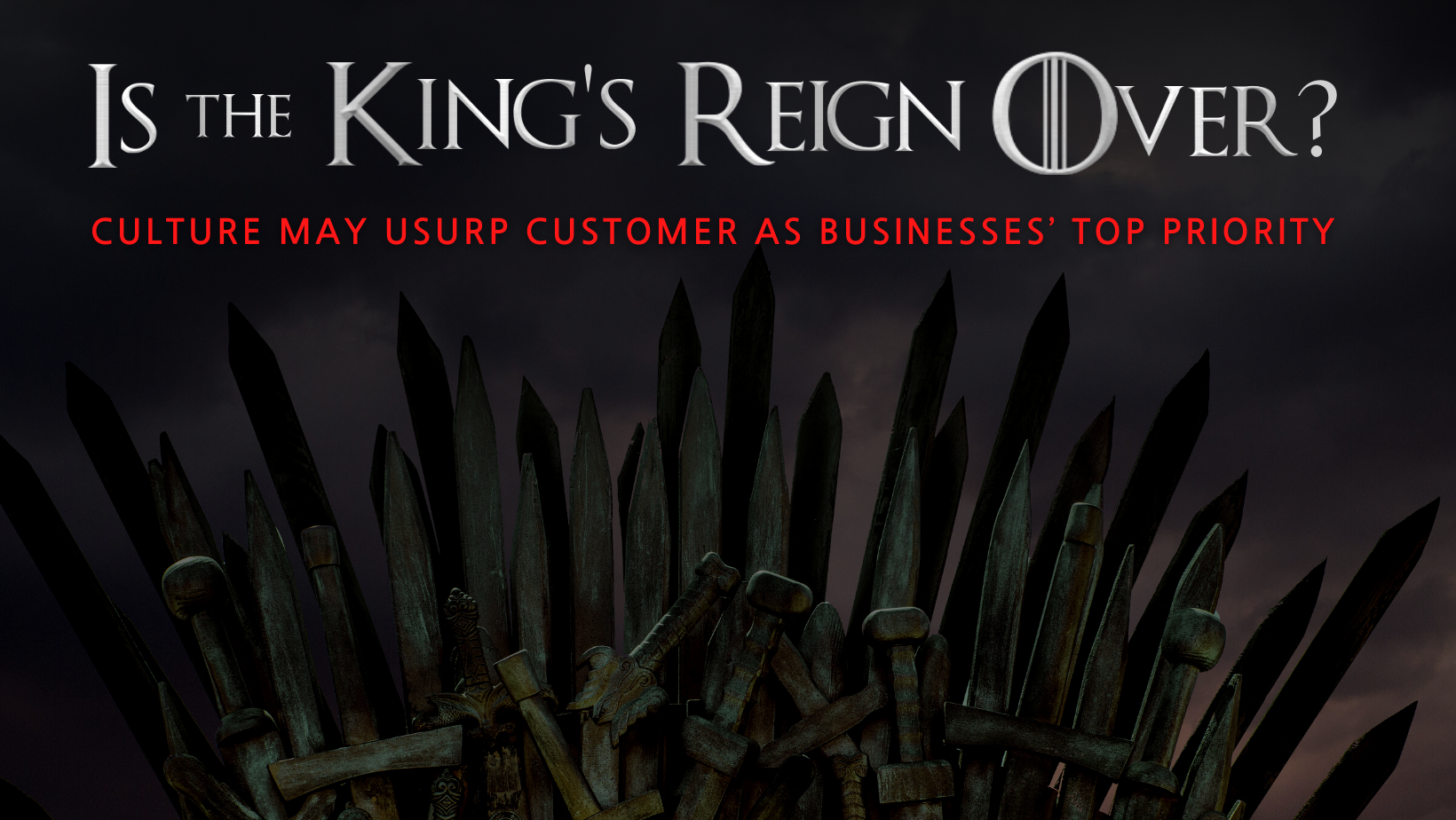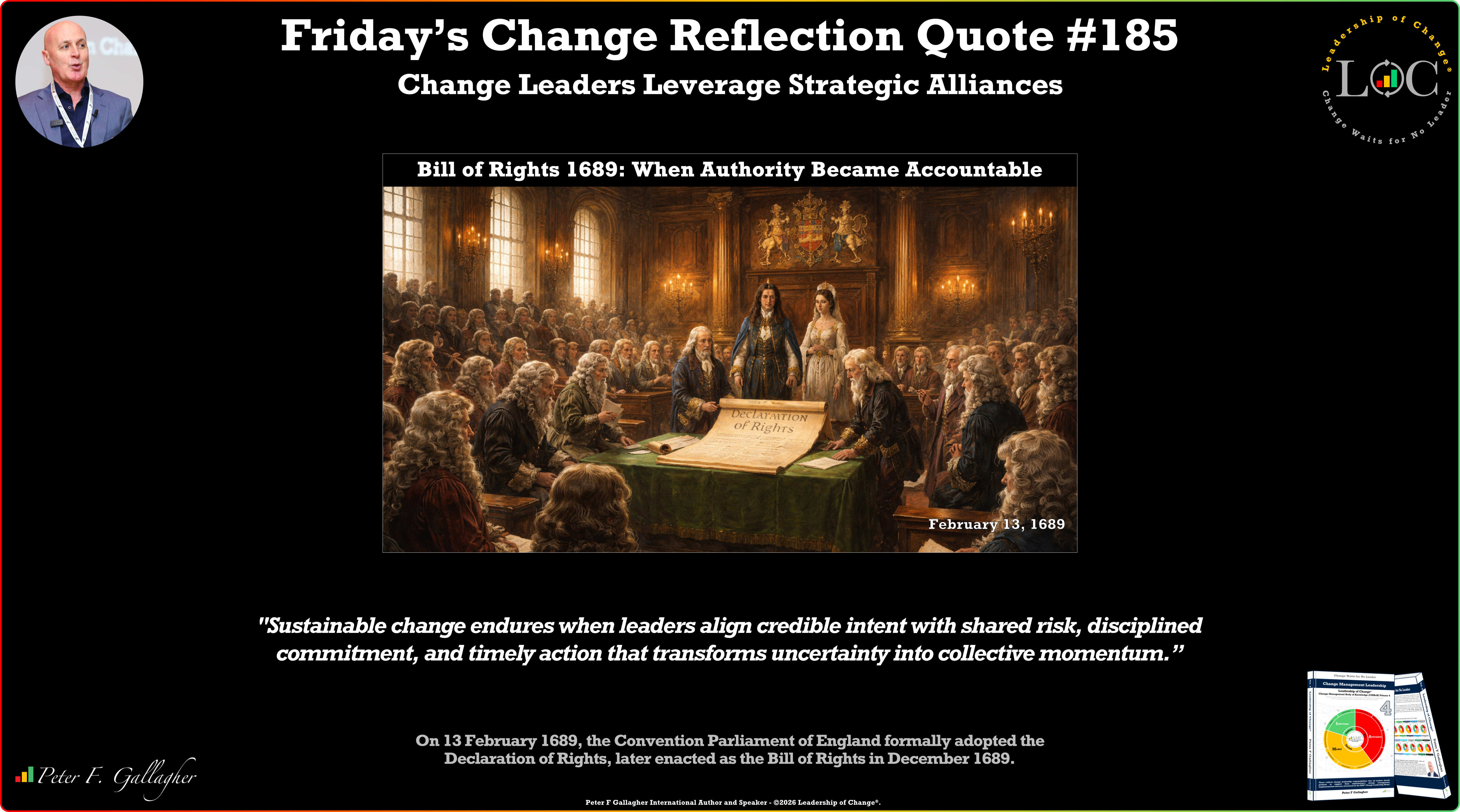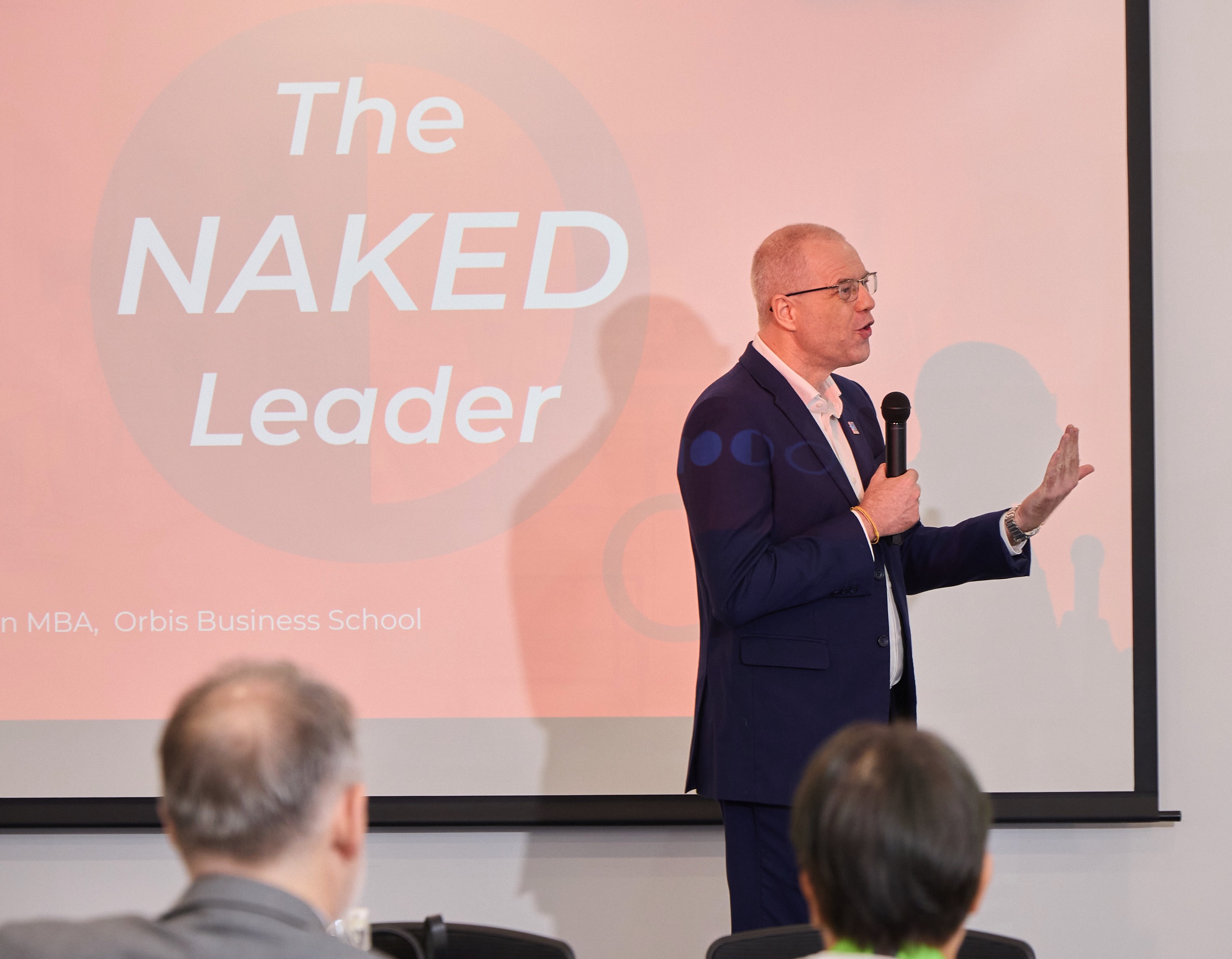Dec12

There’s an old adage that gets tossed around in the business world: Customer is King. All business activities and decisions are based around keeping the customer happy. This was the focus during the Age of the Customer, a concept popularised in the early 2010s and dominated the last decade of business.
But is the King’s reign now over? We are moving into an after-COVID (AC) world that will look dramatically different in 2022 than it did in those pre-COVID (PC) days where face masks were not even available, let alone a daily fashion choice.
The AC world will look different for a variety of reasons, because of both macro-scale economics reasons and personal life changes. There is already a dramatic labour shortage that is creating real challenges and opportunities in the workforce. Challenges for businesses to keep up operations, but also an opportunity to step into a new era, where culture is king.
Business culture refers to a feeling and an ethos of a company—you know who they are and what they’re about. In the AC era, both employees and customers will seek companies that have a positive, ethical, inclusive, and sustainable culture.
Customers will look for this because they want to feel aligned with companies, they give their money to and they want a good customer experience (CX). Employees desire strong company culture because now, perhaps more than ever, they need to be engaged and excited by their work. Even before the pandemic, culture was important to employees—a study by Glassdoor in 2019 shows that 77% of employees consider a company’s culture before applying and a staggering 56% say that it is even more important than a salary.
The only question is, how do companies create such a utopia to recruit and retain high-quality talent? I believe there are six key ingredients that work together to build a positive, inclusive culture:
These six points are key ingredients to creating a good workplace culture, and together they create a sense of belonging. Humans naturally seek belonging from their external environments, especially those that they spend significant time in like a workplace. Employees who feel a sense of belonging are more productive and deliver higher customer satisfaction—both of which are good for business!
Employees are coming out of a difficult season and approaching work in the AC world will require businesses to focus on creating a strong workplace culture that provides a sense of belonging. Ultimately this will lend itself to engaged, productive employees who deliver strong customer experiences. So, is the reign of King Customer over? Well, they will at least have to share their throne with culture as companies learn to navigate the new world of work.
Keywords: Culture, Customer Experience, Future of Work
 Friday’s Change Reflection Quote - Leadership of Change - Systemic Change Follows Failed Governance
Friday’s Change Reflection Quote - Leadership of Change - Systemic Change Follows Failed Governance Who Are You Under Pressure - And Is That the Real You?
Who Are You Under Pressure - And Is That the Real You? LinkedIn Voice for Sales
LinkedIn Voice for Sales Succession Planning is Hard because it’s Identity, Structure, and Systems All at Once
Succession Planning is Hard because it’s Identity, Structure, and Systems All at Once The Corix Partners Friday Reading List - February 13, 2026
The Corix Partners Friday Reading List - February 13, 2026